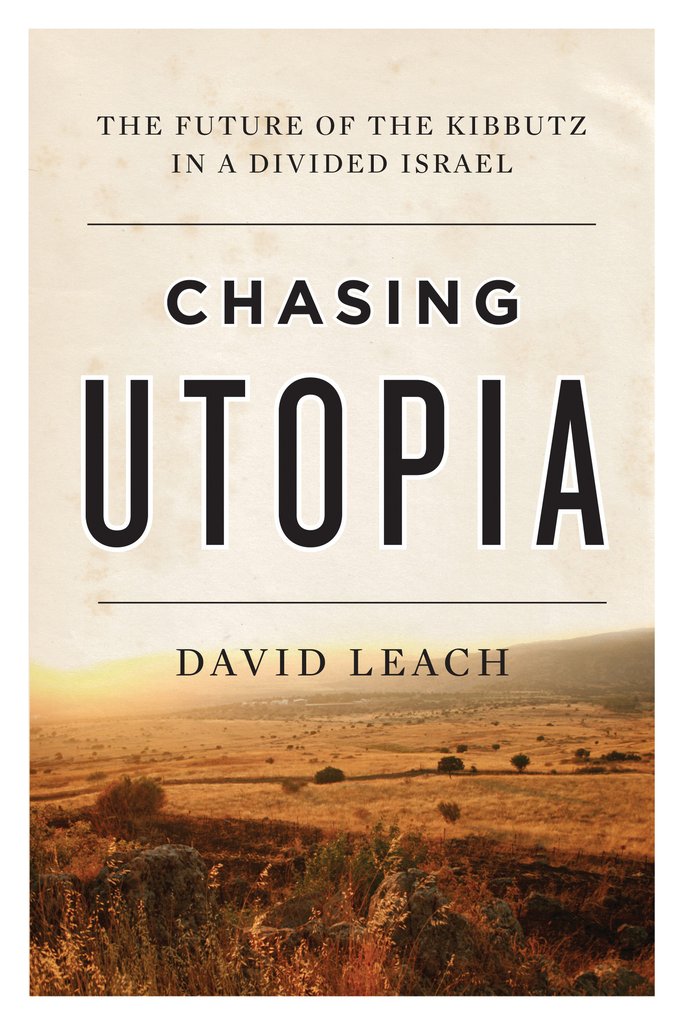About the Author
Chasing Utopia
Published Fall 2016 by ECW Press
In 1988, Canadian author David Leach was just another twenty-nothing foreigner who ran away from home to volunteer on a kibbutz. He wasn’t Jewish. He wasn’t political. And he didn’t know the first thing about farming. In Israel, he picked avocados, harvested rocks, polished lenses (in a factory that would one day join the NASDAQ) and travelled the country. During the violence of the First Intifada, he got stoned—literally—in Jerusalem. He married a Danish volunteer in a boozy, fire-lit, same-sex ceremony conducted by the self-crowned king of a breakaway “micro-nation” on the coast of Israel. As artillery shells arced over his head into Lebanon, he argued about politics and the arrival of the next all-girl Swedish group with young kibbutzniks and hard-partying foreign volunteers, including strung-out Israeli soldiers and a mysterious German on the lam from the law. The adventure marked him for life.
Twenty-five years later, David Leach is now an award-winning journalist and the chair of the Department of Writing, at the University of Victoria, whose literary nonfiction has appeared in Canadian Geographic, The Globe & Mail, TIME, Financial Post Business, Explore Magazine, B.C. Business, and other publications in Canada and abroad. He sits on the board of the International Communal Studies Association and delivers talks and interviews around the world. His first book, Fatal Tide: When the Race of a Lifetime Goes Wrong (Penguin), immersed readers in the thrills and perils of adventure racing while exploring deeper themes of risk, reward and our society’s appetite for “extreme” experiences.
To research Chasing Utopia David Leach returned to Israel several times over five years to rekindle memories of life on the kibbutz, to conduct more than a hundred interviews and access archives, to trace the long history of utopian dreams and schemes in the Promised Land, and to discover if the idealistic philosophy of the original pioneers can survive in a political and cultural landscape so complex and explosive. He returned with a story unlike any other about modern Israel.